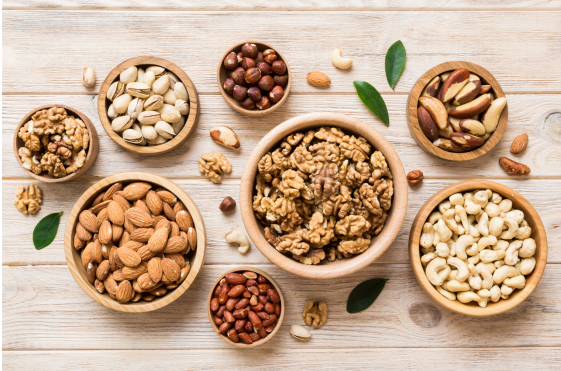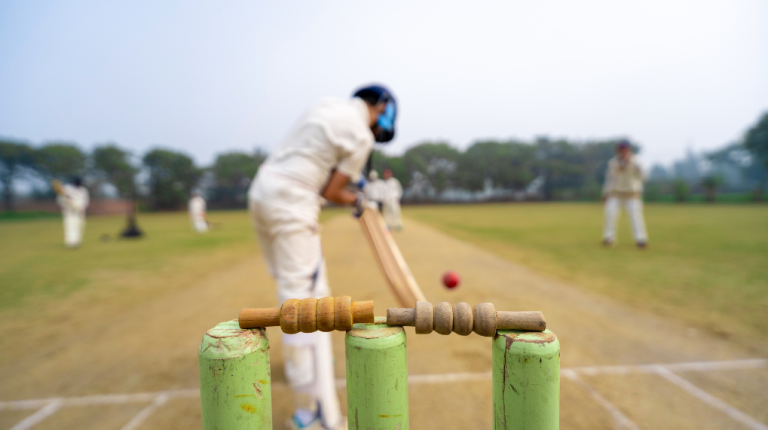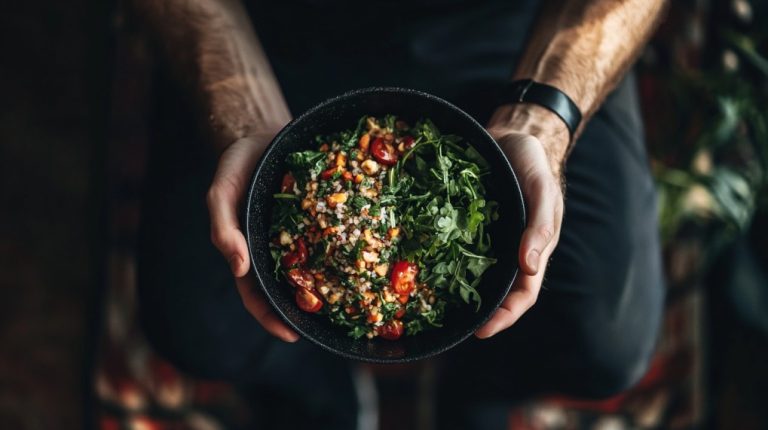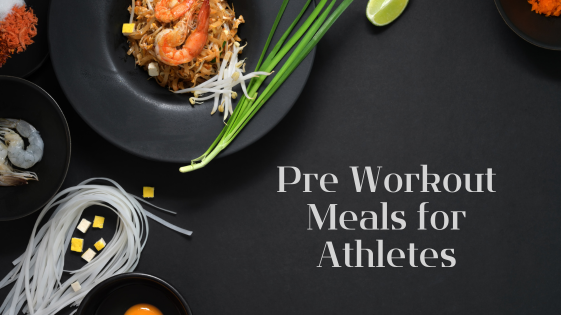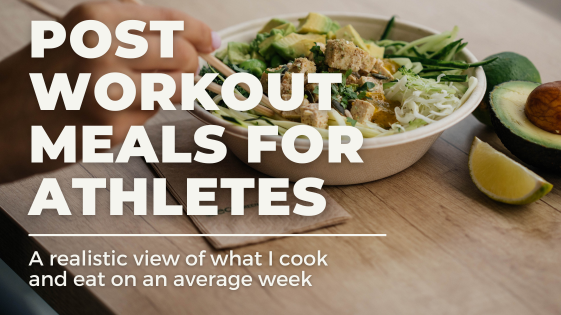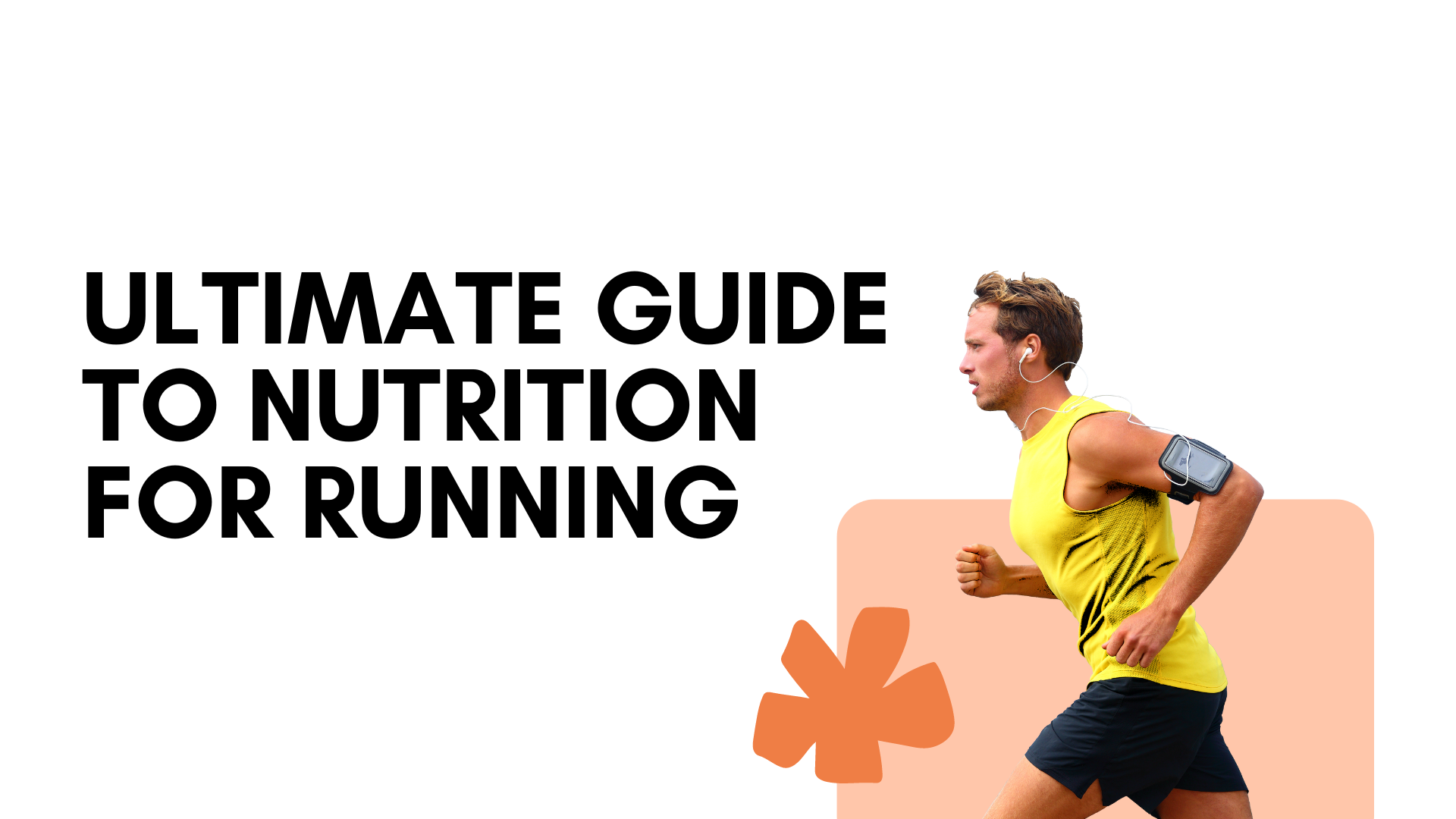 For every sport, there is a need for a special diet that ensures a proper maintenance of nutrition. When it comes to runners, there is a particular need for the appropriate diet that ensures good health while ensuring peak performance.
For every sport, there is a need for a special diet that ensures a proper maintenance of nutrition. When it comes to runners, there is a particular need for the appropriate diet that ensures good health while ensuring peak performance.
Of course, proper running performance can only be achieved through good training. But long-distance running requires a balanced diet that includes the right amount of calories, carbohydrates, proteins, healthy fats, vitamins, minerals, and hydration.
Several factors are involved in proper nutrition for running. The daily nutrition needs of the runner should be calculated based on a specific sport, the athlete’s body composition, and their metabolic rate. Along with the proper diet, it is equally important to focus on adequate meal timing. Qua Nutrition also focuses on appropriate hydration through electrolytes. Plain water can never be the right way for efficient hydration.
This article will cover all these aspects of a runner’s diet. We will focus on the right nutrients to include and the timing of the meals.
Essential Nutrients for Runners
Let us analyze the different aspects of the essential nutrients for runners. This analysis should help you in planning your diet appropriately.
- Carbohydrates – The key to energy
Carbohydrates are essential fuel for exercise. They are broken down into glucose, the primary source of energy for the body’s cells. Glucose is stored in the muscles and liver as glycogen, which serves as energy whenever glucose levels in the body decrease.
However, when you are running for a marathon, glycogen is not enough as it gets depleted faster. This can lead to fatigue. For short duration runs like sprints, you may not need much glucose as your body relies on the fat sources for providing you energy.
Source of carbohydrates – Your body can get a good amount of carbohydrates from whole grains, Fruit, Potatoes, Starchy vegetables and Steamed or boiled rice.
Qua Nutrition’s view – Qua Nutrition recommends that 45 to 65% of your daily calories be in the form of carbs. This can be an excellent goal for most of the runners.
Proteins are not used for energy during endurance and sprinting exercises. However, they are essential to help you in repairing the muscles and assist you in the recovery from injuries. It is also used in the production of red blood cells that carry oxygen throughout the body.
Sources of proteins—Proteins are typically found in lean meat, milk products and legumes. Fish and poultry are also good sources of proteins.
Qua Nutrition’s View—We believe that endurance runners need more protein. They need 1.2 to 1.4 grams of protein per kilogram of body weight per day. We also recommend consuming protein sources that are low in fat and cholesterol.
- Fats: Essential for Overall Health
Fats are another source of energy after carbs. The stored fats help you during endurance running. However, it is highly recommended to consume healthy fats for better endurance. A diet rich in fats can cause you to gain more weight. That is why you need to be careful with the consumption of a fat-rich diet.
Source of fats—Your body can get healthy fats from food sources such as nuts, seeds and fish. These provide omega fatty acids for better health.
Qua Nutrition’s view: Qua Nutrition states that fats should not be more than 20 to 30% of your total diet. Fats are not used as your energy source but for supporting your bodily functions.
- Vitamins and Minerals: Supporting Optimal Performance
Exercise and running can affect metabolism. That is why it is recommended to include micronutrients to support bodily functions. Each athlete needs different vitamins and minerals. The standard nutrients required for runners include calcium, sodium and iron.
Qua Nutrition’s view – Qua recommends Vitamin C and E for neutralizing the free radicals. It is recommended to opt for calcium, iron and sodium.
Timing Your Nutrition for Maximum Performance
Timing your nutrition will assume a lot of importance. You can go with the proper diet before the run, during the run and for post-run recovery.
- Pre-run diet
If you are running for less than 60 minutes, you may not need to eat anything beforehand. However, it would help if you consider eating a small meal rich in carbohydrates. Carbohydrates are a good source of energy.
If you are running for more than 60 minutes but up to 90 minutes, you should eat a diet with 70 to 75 grams of carbohydrates. Make sure to eat it one to three hours before the run. In case your running exceeds 90 minutes, you will need to eat a whole load of meals a few days before the event.
Qua Nutrition’s view—For a marathon, you will need to follow a carb-rich diet for a few days. This will help you have enough glycogen for the event. They also recommend mixing slow and fast-digestible carbs.
- During the run
The primary source of nutrition you need to focus on during your run is carbohydrates. The amount should be balanced depending on the length and intensity of your run. Another critical factor is to focus on hydration. It is also recommended to avoid plain water for hydration.
Qua Nutrition’s view – They recommend consuming 10 to 24 oz of fluid every hour. The fluid should have enough electrolytes. Apart from hydration, Qua Nutrition also recommends carbs that are easier on your stomach. A few good examples are bananas, chews, or sweets.
- Post run recovery
Your diet after the run will depend on the intensity of your run, the length of the marathon and your personal preferences. It is not recommended to eat right away. However, if necessary, you can consider a small diet containing carbs and proteins. A couple of good options include chocolate milk and an energy bar.
Some good post-run meals include beef, chicken, fish, eggs, tofu, beans and lentils.
Qua Nutrition’s View—Qua recommends having a full meal rich in carbs and proteins within two hours of your run. We recommend aiming for 20 to 30 grams of protein. This will increase muscle protein synthesis.
Hydration Strategies
Just like nutrition for running, hydration also plays a significant role in the health and peak performance of a runner. The hydration recommendations may be based on the pre-run, during the run and post-run.
- Pre-Hydration: Getting Ready for Your Run
Proper hydration before the run will help you get enough fluid levels in the body during the exercise. However, you will also need to look at your urine levels. If you do not produce much urine or your urine is dark in color, you may need to alter your hydration strategies accordingly.
Qua Nutrition guidelines—Qua Nutrition recommends drinking beverages four hours before the event in gradual stages. At the beginning, about 5 to 10 ml per kg of body weight is recommended. If you do not produce much urine, you can take 3 to 5 ml of fluid per kilogram of your body weight.
- During the Run: Maintaining Fluid Balance
Hydration levels are expected to be maintained at appropriate levels during the run. There are no strict guidelines on the amount of hydration or its volume when it comes to the hydration during the run. Your coach may determine the exact needs depending on the weather conditions and your sweat rate.
Qua Nutrition guidelines – Qua Nutrition considers it an excellent option to analyze the exact requirements based on your body composition and duration of the run. It is advisable to consume around 0.4 to 0.8 liter per hour. If you are faster and heavy, you should choose the higher end of the consumption.
- Post-Run: Rehydrating After Exercise
Once you have completed your run, it is essential to replace your lost fluids. However, it is enough to eat and drink as usual, which should bring the balance back. There are no specific guidelines involved in restoring your hydration levels.
Qua Nutrition guidelines: If you feel dehydrated, you can drink around 1.5 liters of fluid for every kilogram of your body weight. However, if you are heavily dehydrated, you may need to take intravenous fluids.
Nutrition for Different Running Goals
Depending on the specific running goals, the nutrition requirements will change. We will analyze the particular nutritional needs of each of these different running goals.
- For weight loss
Losing weight can involve burning more calories than what you consume. Running may be crucial for your weight loss regime. But, it is equally important to focus on the correct type of diet for the purpose.
When you choose to run for weight loss, the proper diet should include a balanced diet with lean proteins, whole grains, fruits and vegetables. A calorie-deficit diet may be more advisable.
Qua Nutrition approach – Qua Nutrition recommends proper hydration and burning more calories than you consume. They also suggest focusing on portion control, as it can help control overeating.
- For building endurance
Endurance running involves running for long hours. Your body will need sustained energy to achieve this. Proper nutrition is essential when it comes to building endurance. It is vital to ensure adequate glucose and glycogen levels in your body. A balanced diet that has carbohydrates and proteins in sufficient quantity can make this possible. Every athlete should consider consulting a sports nutritionist before training
Qua Nutrition approach – Qua Nutrition suggests increasing carb intake in your diet. Including an adequate amount of protein is also essential to ensure better muscle repair and growth. They also recommend a good amount of healthy fats for sustained energy levels.
- For enhancing performance
Your body requires an adequate amount of fuel and energy for the best peak performance. Focusing on carbohydrates and healthy fats can help you retain adequate energy for sustained performance.
Qua Nutrition approach: Your diet should typically contain complex carbohydrates and lean proteins. Antioxidants ensure protection from cell damage, and adequate electrolytes can help avoid dehydration.
Common Mistakes and How to Avoid Them
Proper nutrition for running is the key to achieving better running performance. However, in our zeal to achieve these results, we tend to commit inevitable mistakes. These errors can create hurdles in our fitness and running goals.
- Overloading carbs
Carbohydrates are the primary source of energy for running. However, too many carbohydrates can lead to issues like weight gain, bloating, and other digestive problems, which can negatively impact peak performance.
Focus on complex carbs like whole grains, fruits, and vegetables rather than refined sugars.
- Ignoring the protein needs
Runners primarily overlook protein. But it is essential for muscle repair and growth. Insufficient protein intake can lead to a lack of muscle recovery and an increased risk of injury. It is advisable to include rich protein sources like chicken, fish, tofu, beans, and lentils.
- Neglecting hydration
Proper hydration is highly essential for overall health and optimal performance. Dehydration can result in fatigue, cramping, dizziness, and reduced performance. It is necessary to focus on better hydration in hot and humid conditions.
Contact Us For Ultimate Guide to Nutrition For Running
FAQs
- How long should you wait after eating to run?
It would help if you waited at least half or two hours after a meal before you could run. You may also have a small snack 30 minutes to one hour before running.
- What is the ideal diet for marathon runners?
Elite marathon runners need a special diet depending on their body weight and training schedule. You can consume approximately 8 to 10 grams of carbohydrates per kilogram of body weight each day.
- How can I avoid gastrointestinal issues while running?
Consume easily digestible food such as toast, bananas, or oatmeal 1-2 hours before your run. For hydration, drink water or sports drinks with electrolytes.
Conclusion
The foods you eat impact your running performance. However, each runner has his or her own needs and considerations. You may need to work with a healthcare professional to arrive at the best diet plan for your specific needs.
Qua Nutrition can be an excellent option to help you plan your nutrition needs as per your bodily needs. Our expertise in nutrition plans customized for individual requirements will make it an excellent choice for athletes and other sportspeople.

